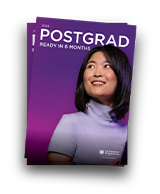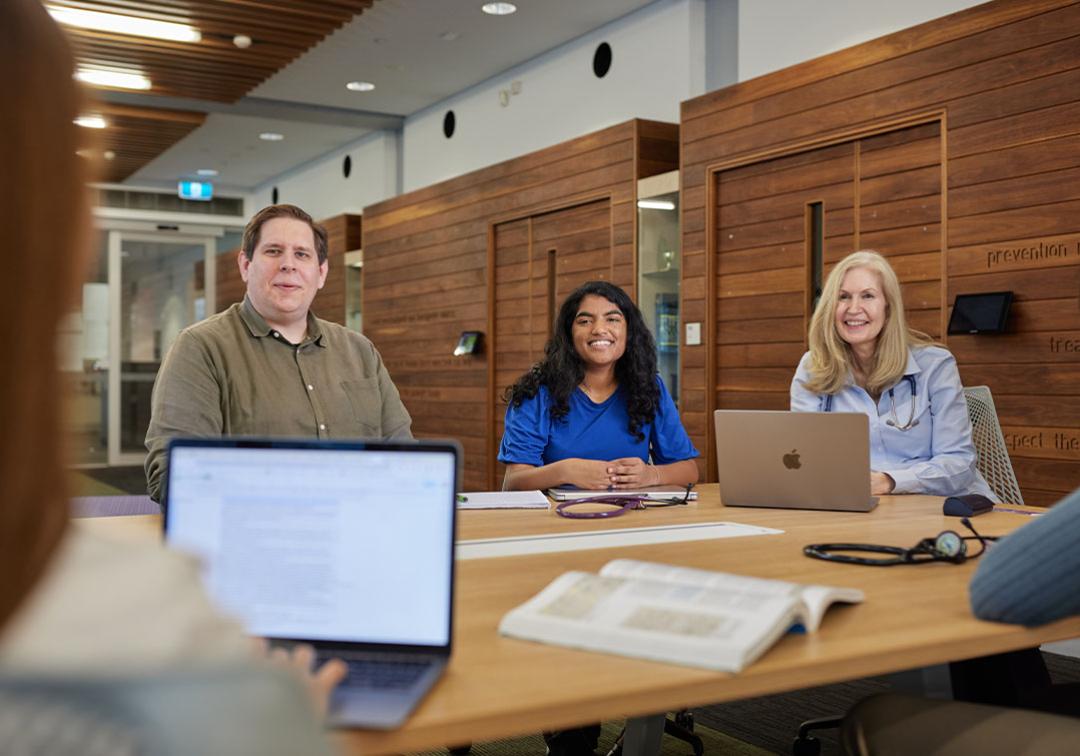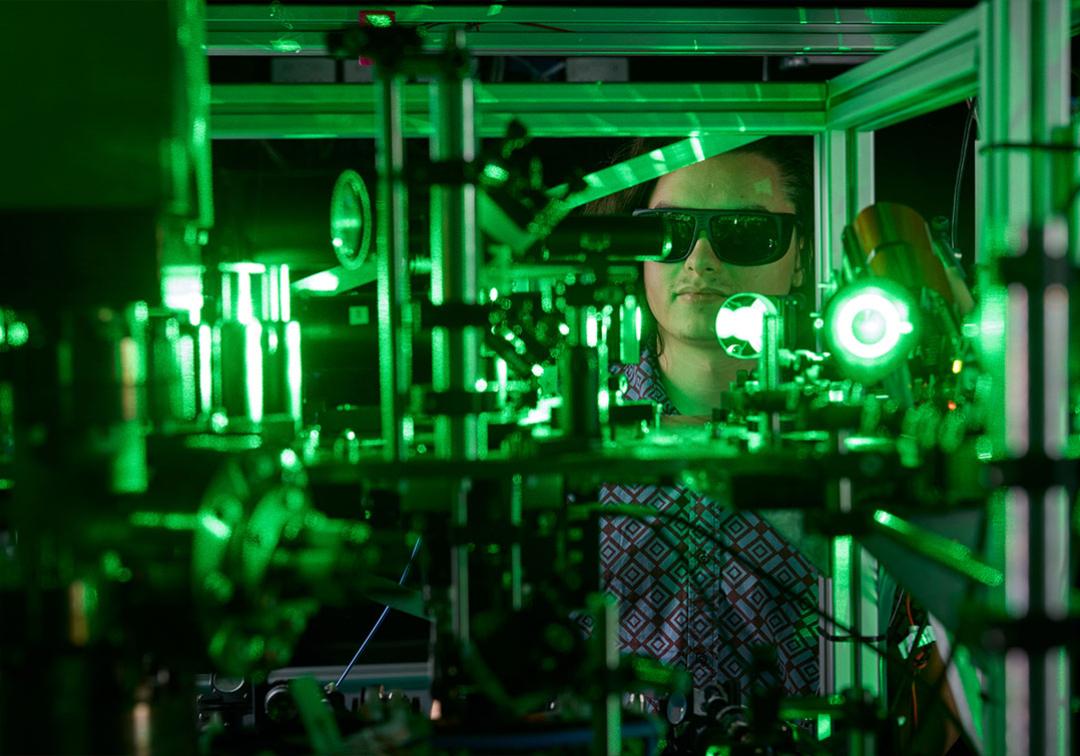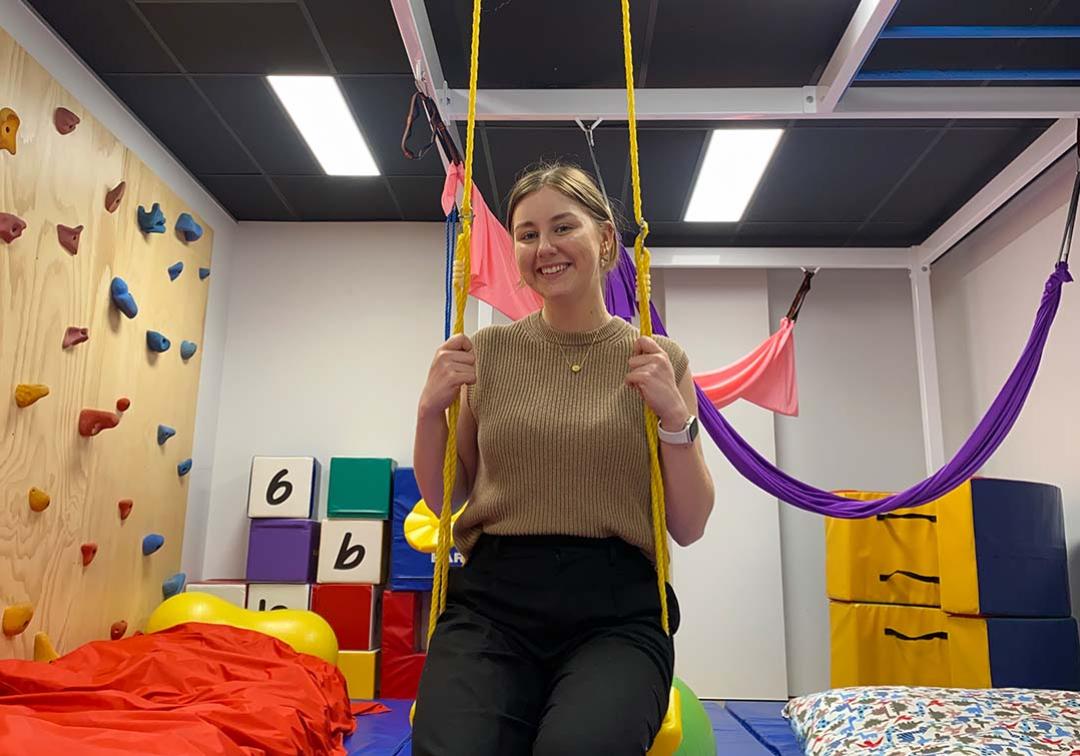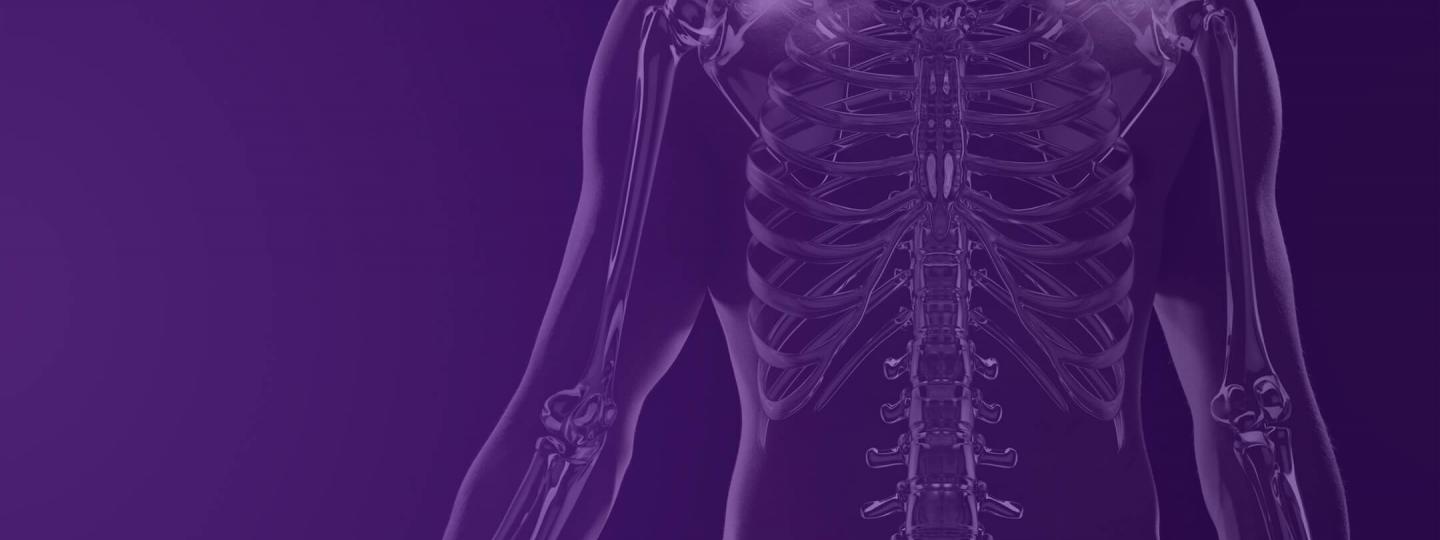
Master of Molecular Imaging Technology
Overview
Become an international leader in molecular imaging and contribute to the advancement of biomedicines.
Taught by molecular imaging experts supported by state-of-the-art facilities, the Master of Molecular Imaging Technology aims at developing international leaders in this exciting field.
The unique 1.5 year program has been designed for graduates with a background in chemistry, biology, physics, computer science, engineering, radiography and nuclear medicine technology who wish to gain an in-depth knowledge of molecular imaging.
You'll cover all key aspects of the subject, including optical imaging, ultrasound photo-acoustic imaging, single photon emission tomography, positron emission tomography, computed tomography, magnetic resonance imaging and hybrid imaging technologies. You'll also learn about the latest molecular imaging probes, contrast agents and radio-pharmaceuticals for nuclear medicine, as well as the importance of quality control involved in clinical molecular imaging.
Importantly, you'll have the opportunity to undertake a semester-long molecular imaging research project under the guidance of an academic supervisor. Using previously acquired data in the areas of molecular imaging, you'll learn to organise, analyse and discuss information and draw defensible conclusions.
A two-week residential component at the start of the course adds to your research training, and further readies you for a challenging and rewarding career.
Program highlights
- Access the most comprehensive and advanced range of magnetic resonance instrumentation in the Southern Hemisphere.
- Gain practical experience with a semester-long research project.
- Graduate equipped to drive advances in disease diagnostics, molecular characterisation and drug discovery.
- Organise your study around professional and personal commitments, with all courses able to be completed online.
How you'll learn
Your learning experiences are designed to best suit the learning outcomes of the courses you choose.
- Lectures
- Tutorials
- Work placements
- Online study
- Research experience
What you'll study
At UQ, degrees are called 'programs' and subjects are called 'courses'. Here's a sample of the courses you could study in this program:
- Molecular Targets and Imaging Probes
- Clinical Molecular Imaging
- Radiotracer Based Imaging
- Magnetic Resonance Imaging: Fundamentals
Career possibilities
Postgraduate study can take you anywhere. Here are some of the careers you could be on your way to:
- Clinical imaging technologist
- Biomedical imaging manager
- Radio-pharmacist
- Biotechnology physicist
- Radiation oncologist
- Molecular pathologist
Graduate salary
Health services & support (postgraduate)
compared.edu.au
Events
See all eventsStories
See all storiesUQ people
Meet the expert: exploring nutrition education with Dr Olivia Wright

UQ people
Meet the expert: instilling confidence in future physiotherapists with Dr Roma Forbes
Stories
See all storiesUQ people
Meet the expert: exploring nutrition education with Dr Olivia Wright

UQ people
Meet the expert: instilling confidence in future physiotherapists with Dr Roma Forbes
Entry requirements
Entry requirements
To be eligible for entry, you'll need:
Relevant disciplines for previous qualifications
Relevant disciplines include applied science, medical imaging, chemistry, pharmacy, physics, computer science, or electrical and biomedical engineering.
English language requirements
IELTS overall 6.5; reading 6; writing 6; speaking 6; listening 6. For other English Language Proficiency Tests and Scores approved for UQ
TOEFL iBT (including Paper Edition) - Overall 87, listening 19, reading 19, writing 21 and speaking 19.
PTE Academic - Overall Score of 64 and 60 in all sub bands.
BE - A minimum overall grade of 4 plus a minimum grade of C in all macro skills.
CES - Overall 176 and 169 in all sub bands.
OET is not accepted.
There are other ways to meet the English language requirements. For some programs, additional conditions apply.
Student visas
International students who are accepted into full-time study in the Master of Molecular Imaging Technology are eligible to apply for an Australian student visa (subclass 500).
There are a number of requirements you must satisfy before a visa is granted, including the Genuine Student (GS) requirement.
Need help meeting the entry requirements?
Fees and Scholarships
Indicative annual fee
Approximate yearly cost of tuition (16 units). Your fees will vary according to your study load. Fees are reviewed each year and may increase.
$31,040
2024
$31,040
2024
Approximate yearly cost of full-time tuition (16 units). Your fees will vary according to your study load. Fees are reviewed each year and may increase.
AUD $51,200
2024
AUD $51,200
2024
Government assistance
Financial aid
As an international student, you might be eligible for financial aid – either from your home country, or from the Australian Government.
FEE-HELP
Domestic students who are accepted into the Master of Molecular Imaging Technology pay tuition fees.
FEE-HELP is an Australian Government loan scheme to assist eligible students with the cost of their tuition fees.
Centrelink support
The Australian Government offers a number of income-support payments to eligible Australian university students.
Scholarships
You may be eligible for more than 100 scholarships, including:
How to apply
Applying online
All international applications should be submitted to UQ. If you prefer, you can use an approved UQ agent in your country.
The program code for the Master of Molecular Imaging Technology is 5692.
Find out more about applying for postgraduate coursework study
Applying online
All domestic applications should be submitted to UQ.
The program code for the Master of Molecular Imaging Technology is 5692.
Find out more about applying for postgraduate coursework study
Important dates
The closing date for this program is:
- To commence study in semester 1 - November 30 of the previous year.
To learn more about UQ dates, including semester start dates, view the Academic Calendar.
Important dates
The closing date for this program is:
- To commence study in Semester 1 - January 31 of the year of commencement.
To learn more about UQ dates, including semester start dates, view the Academic Calendar.
Aboriginal and Torres Strait Islander applicants
For support with applying – or if you have any questions about university life – get in touch with our Aboriginal and Torres Strait Islander Studies Unit.
Explore other programs
Express yourself. And your interest.
They say choosing a degree is hard, which is why we've made it easy. Register your interest and we'll send you everything you need to know about applying to UQ.

